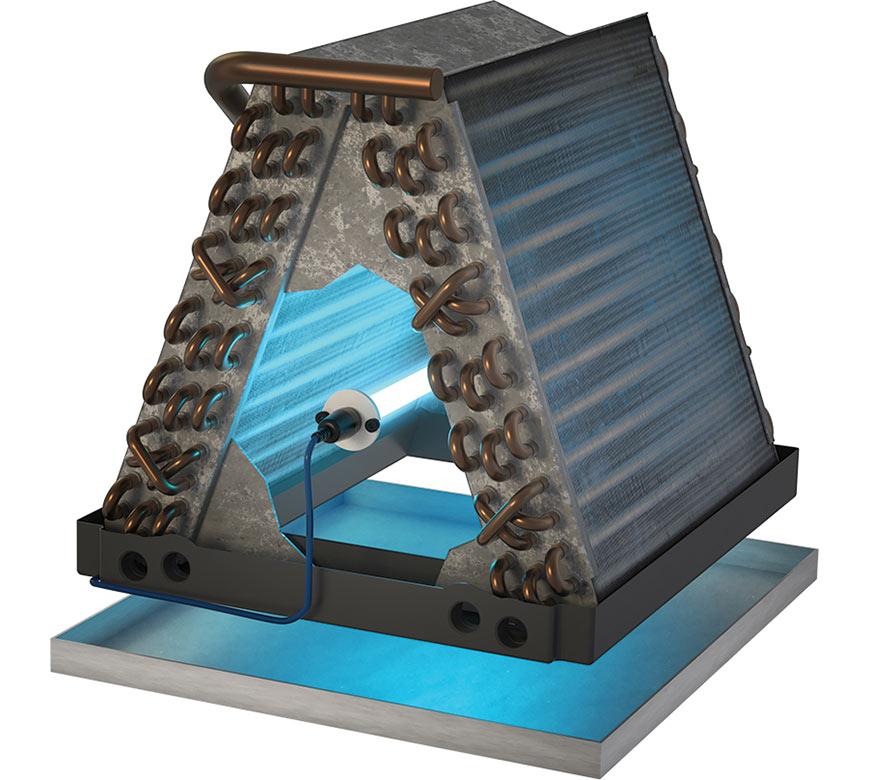5 Things to Know About Residential HVAC UV Light Air Purification
Residential HVAC UV light air purification is a technology designed to improve indoor air quality by using ultraviolet (UV) light to eliminate or neutralize airborne contaminants. Pure Air UV provides HVAC UV light in and around Brentwood, TN, Dickson, TN, Franklin, TN, Kingston Springs, Nashville, and Pegram.
Here are five things to know about it:
- UV-C Light Kills Microorganisms: UV-C light, specifically in the 254-nanometer wavelength range, is effective at killing or deactivating various microorganisms, including bacteria, viruses, mold, and some allergens. When installed in an HVAC system, UV-C lights target these contaminants as they pass through the system’s ductwork, helping to maintain cleaner air.
- Improved Indoor Air Quality: One of the primary benefits of residential HVAC UV light air purification is the improvement in indoor air quality. By reducing the concentration of harmful microorganisms, these systems can reduce the likelihood of illnesses and allergies caused by airborne pathogens.
- Mold Prevention: HVAC UV lights are particularly effective at preventing mold growth within the HVAC system’s components, such as the cooling coils and drip pans. Mold growth in these areas can lead to unpleasant odors, reduced system efficiency, and potential health issues. UV-C light can inhibit mold growth and help maintain a cleaner, more efficient HVAC system.
- Installation and Maintenance: Proper installation and maintenance are crucial for the effectiveness of UV light air purification systems. UV lamps need to be installed correctly in the HVAC system, and they should be regularly inspected and replaced when their effectiveness diminishes, usually every one to two years. Maintenance should be carried out by a qualified HVAC technician.
- Limited Coverage: HVAC UV light systems primarily target contaminants within the ductwork and components of the HVAC system. They are less effective at treating contaminants in the living spaces of a home. To achieve comprehensive indoor air quality improvement, it’s often recommended to combine UV-C air purification with other air filtration methods like HEPA filters or activated carbon filters.
Keep in mind that while UV-C light can be effective at neutralizing many microorganisms, it may not eliminate all indoor air pollutants, such as particulate matter or volatile organic compounds (VOCs). Therefore, it’s essential to consider a holistic approach to indoor air quality, which may include proper ventilation, air filtration, humidity control, and UV-C light as part of your overall strategy. Consulting with an HVAC professional can help determine the best solutions for your specific needs. Please call us without any delay.

